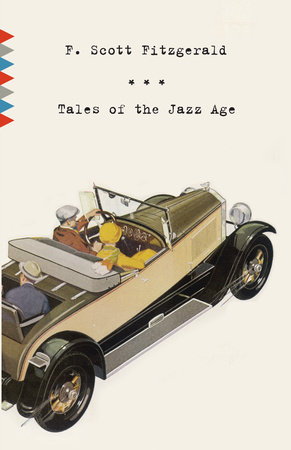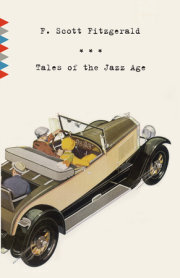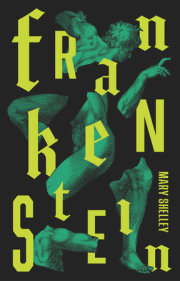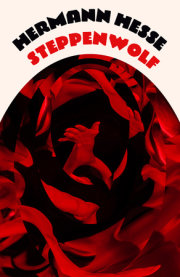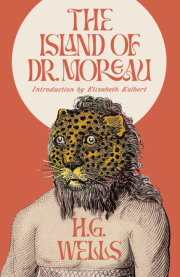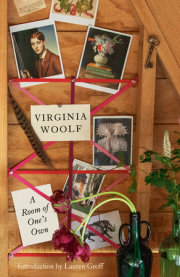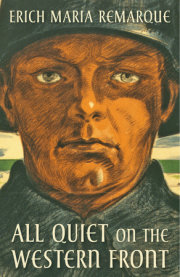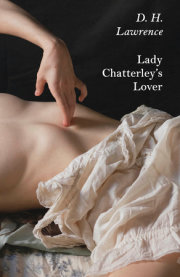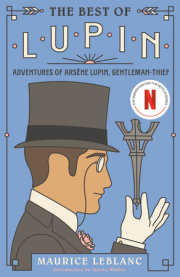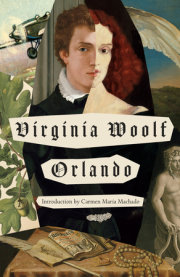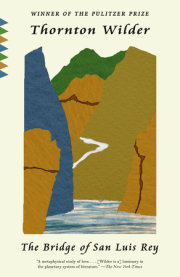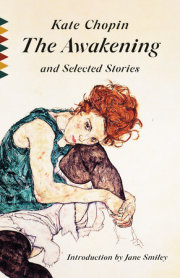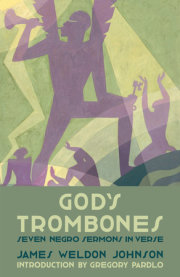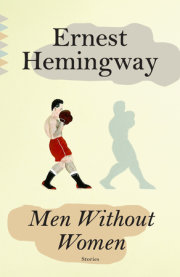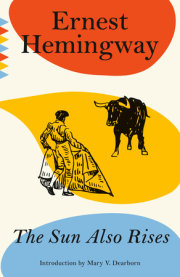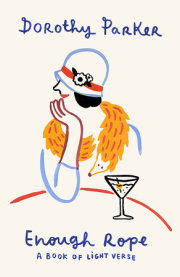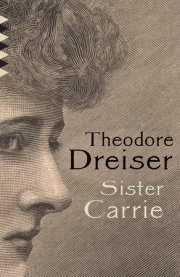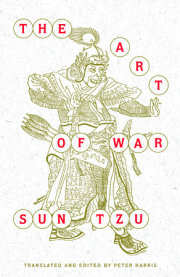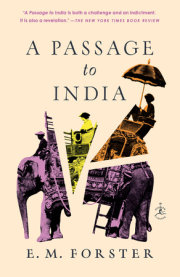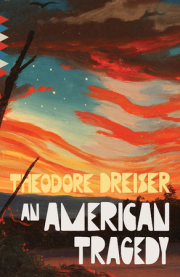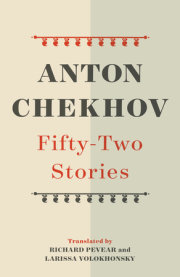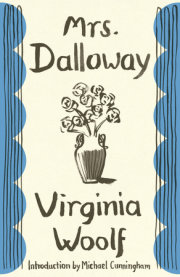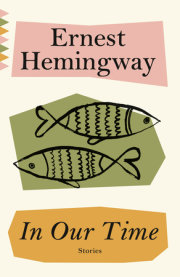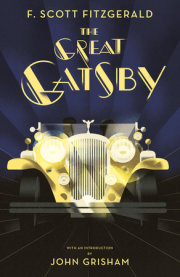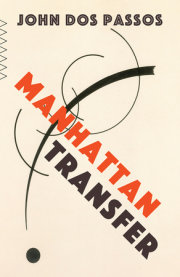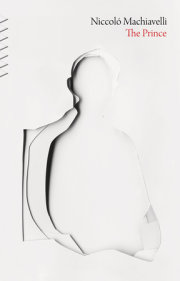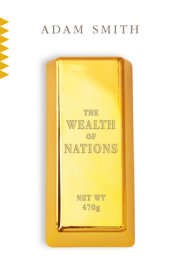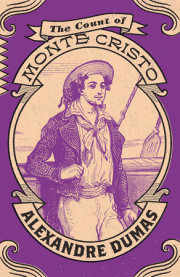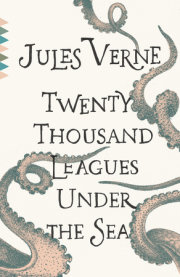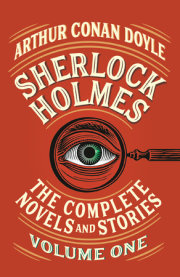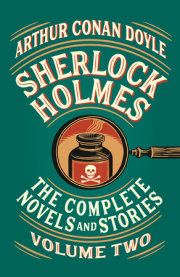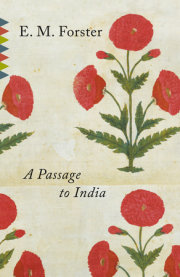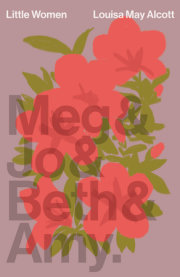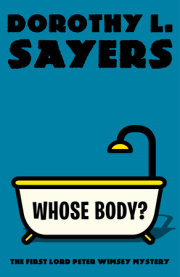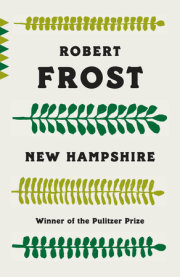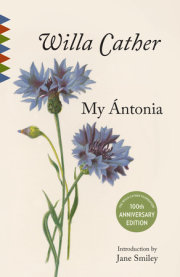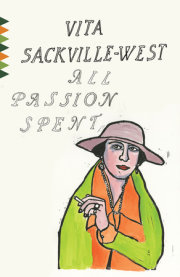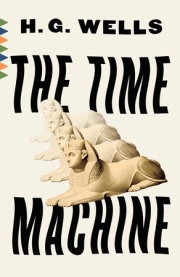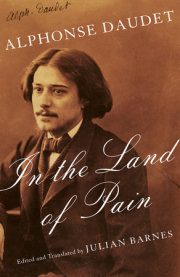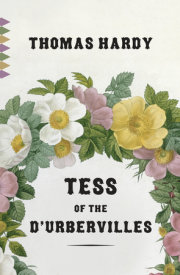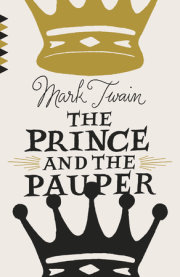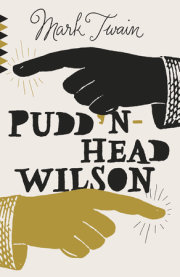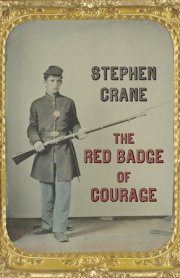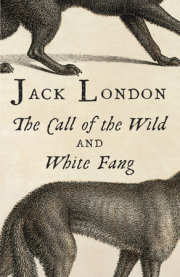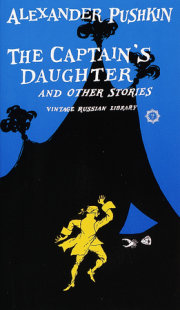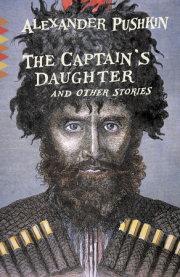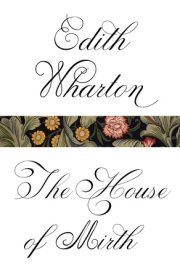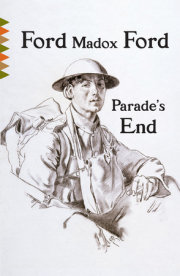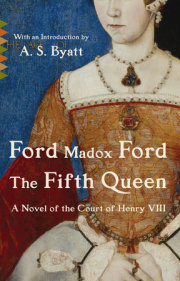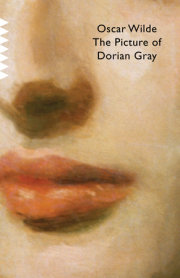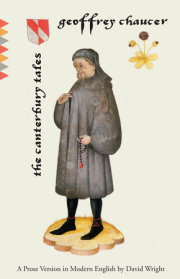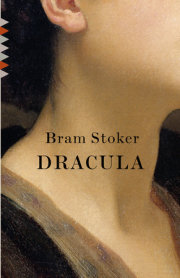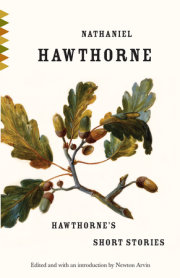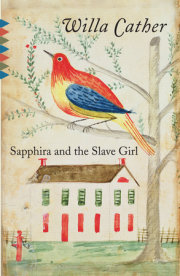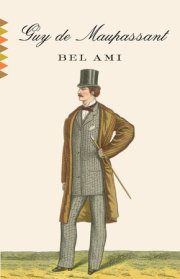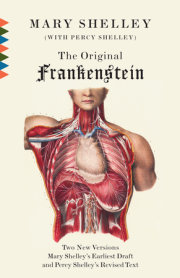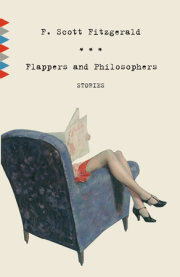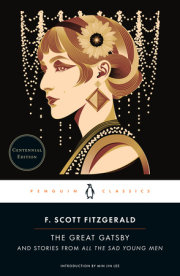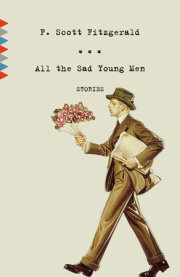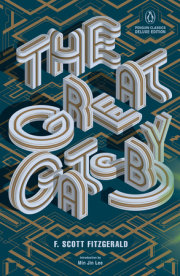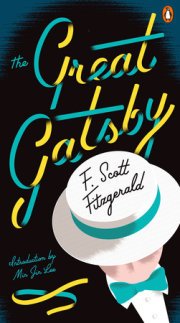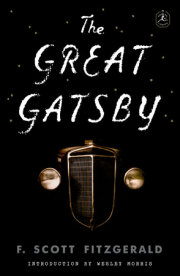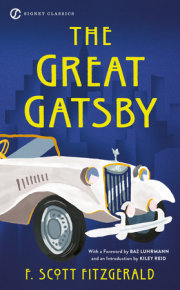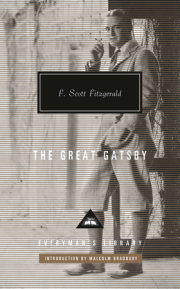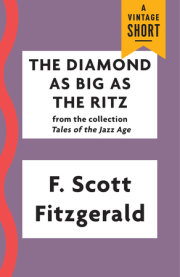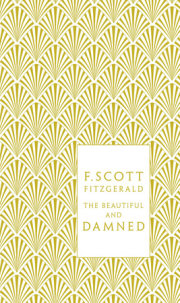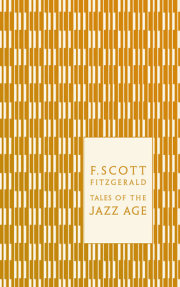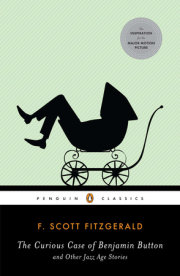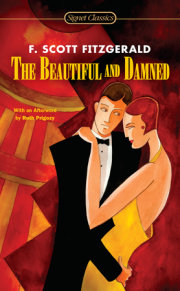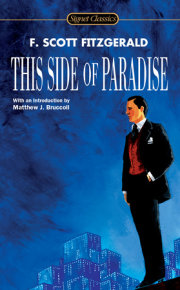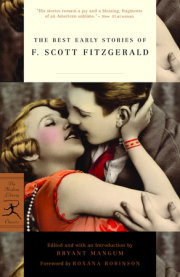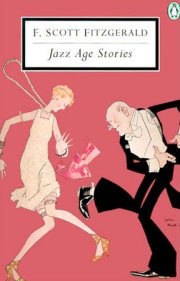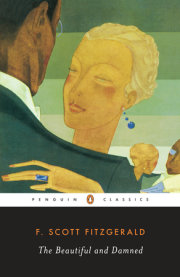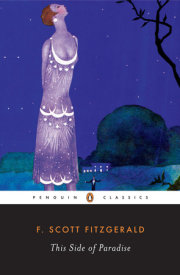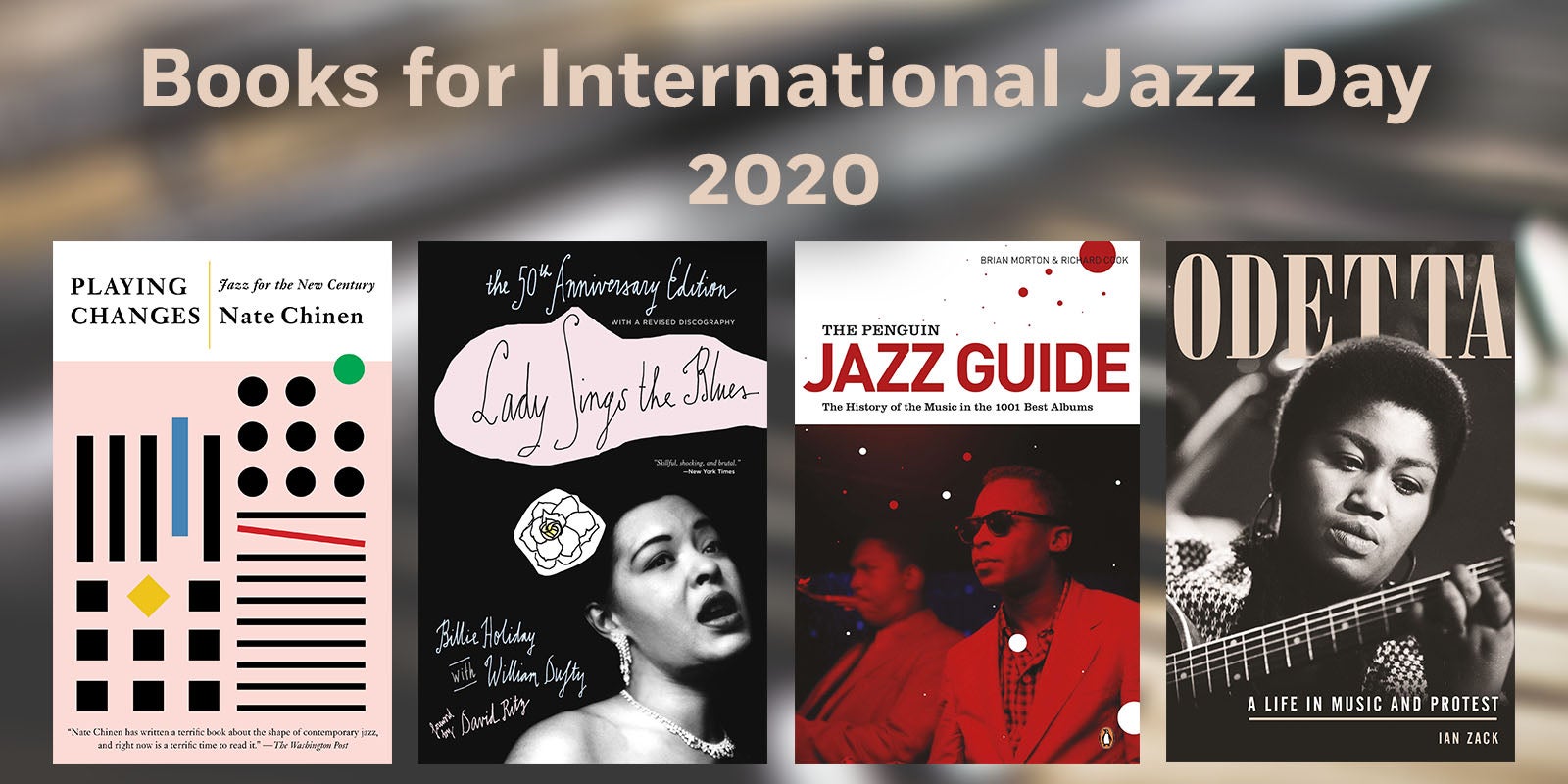THE JELLY-BEAN
Jim Powell was a Jelly-bean. Much as I desire to make him an appealing character, I feel that it would be unscrupulous to deceive you on that point. He was a bred-in-the-bone, dyed-in-the-wool, ninety-nine three-quarters per cent Jelly-bean and he grew lazily all during Jelly-bean season, which is every season, down in the land of the Jelly-beans well below the Mason-Dixon line.
Now if you call a Memphis man a Jelly-bean he will quite possibly pull a long sinewy rope from his hip pocket and hang you to a convenient telegraph-pole. If you call a New Orleans man a Jelly-bean he will probably grin and ask you who is taking your girl to the Mardi Gras ball. The particular Jelly-bean patch which produced the protagonist of this history lies somewhere between the two--a little city of forty thousand that has dozed sleepily for forty thousand years in southern Georgia, occasionally stirring in its slumbers and muttering something about a war that took place sometime, somewhere, and that everyone else has forgotten long ago.
Jim was a Jelly-bean. I write that again because it has such a pleasant sound--rather like the beginning of a fairy story--as if Jim were nice. It somehow gives me a picture of him with a round, appetizing face and all sorts of leaves and vegetables growing out of his cap. But Jim was long and thin and bent at the waist from stooping over pool-tables, and he was what might have been known in the indiscriminating North as a corner loafer. "Jelly-bean" is the name throughout the un-dissolved Confederacy for one who spends his life conjugating the verb to idle in the first person singular--I am idling, I have idled, I will idle.
Jim was born in a white house on a green corner. It had four weather-beaten pillars in front and a great amount of lattice-work in the rear that made a cheerful criss-cross background for a flowery sun-drenched lawn. Originally the dwellers in the white house had owned the ground next door and next door to that and next door to that, but this had been so long ago that even Jim's father scarcely remembered it. He had, in fact, thought it a matter of so little moment that when he was dying from a pistol wound got in a brawl he neglected even to tell little Jim, who was five years old and miserably frightened. The white house became a boarding-house run by a tight-lipped lady from Macon, whom Jim called Aunt Mamie and detested with all his soul.
He became fifteen, went to high school, wore his hair in black snarls, and was afraid of girls. He hated his home where four women and one old man prolonged an interminable chatter from summer to summer about what lots the Powell place had originally included and what sort of flowers would be out next. Sometimes the parents of little girls in town, remembering Jim's mother and fancying a resemblance in the dark eyes and hair, invited him to parties, but parties made him shy and he much preferred sitting on a disconnected axle in Tilly's Garage, rolling the bones or exploring his mouth endlessly with a long straw. For pocket money, he picked up odd jobs, and it was due to this that he stopped going to parties. At his third party little Marjorie Haight had whispered indiscreetly and within hearing distance that he was a boy who brought the groceries sometimes. So instead of the two-step and polka, Jim had learned to throw any number he desired on the dice and had listened to spicy tales of all the shootings that had occurred in the surrounding country during the past fifty years.
He became eighteen. The war broke out and he enlisted as a gob and polished brass in the Charleston Navy-yard for a year. Then, by way of variety, he went North and polished brass in the Brooklyn Navy-yard for a year.
When the war was over he came home. He was twenty-one, his trousers were too short and too tight. His buttoned shoes were long and narrow. His tie was an alarming conspiracy of purple and pink marvellously scrolled, and over it were two blue eyes faded like a piece of very good old cloth long exposed to the sun.
In the twilight of one April evening when a soft gray had drifted down along the cottonfields and over the sultry town, he was a vague figure leaning against a board fence, whistling and gazing at the moon's rim above the lights of Jackson Street. His mind was working persistently on a problem that had held his attention for an hour. The Jelly-bean had been invited to a party.
Back in the days when all the boys had detested all the girls, Clark Darrow and Jim had sat side by side in school. But, while Jim's social aspirations had died in the oily air of the garage, Clark had alternately fallen in and out of love, gone to college, taken to drink, given it up, and, in short, become one of the best beaux of the town. Nevertheless Clark and Jim had retained a friendship that, though casual, was perfectly definite. That afternoon Clark's ancient Ford had slowed up beside Jim, who was on the sidewalk and, out of a clear sky, Clark had invited him to a party at the country club. The impulse that made him do this was no stranger than the impulse which made Jim accept. The latter was probably an unconscious ennui, a half-frightened sense of adventure. And now Jim was soberly thinking it over.
He began to sing, drumming his long foot idly on a stone block in the sidewalk till it wobbled up and down in time to the low throaty tune:
"One mile from Home in Jelly-bean town,
Lives Jeanne, the Jelly-bean Queen.
She loves her dice and treats 'em nice;
No dice would treat her mean."
He broke off and agitated the sidewalk to a bumpy gallop.
"Daggone!" he muttered, half aloud.
They would all be there--the old crowd, the crowd to which, by right of the white house, sold long since, and the portrait of the officer in gray over the mantel, Jim should have belonged. But that crowd had grown up together into a tight little set as gradually as the girls' dresses had lengthened inch by inch, as definitely as the boys' trousers had dropped suddenly to their ankles. And to that society of first names and dead puppy-loves Jim was an outsider--a running mate of poor whites. Most of the men knew him, condescendingly; he tipped his hat to three or four girls. That was all.
When the dusk had thickened into a blue setting for the moon, he walked through the hot, pleasantly pungent town to Jackson Street. The stores were closing and the last shoppers were drifting homeward, as if borne on the dreamy revolution of a slow merry-go-round. A street-fair farther down made a brilliant alley of varicolored booths and contributed a blend of music to the night--an oriental dance on a calliope, a melancholy bugle in front of a freak show, a cheerful rendition of "Back Home in Tennessee" on a hand-organ.
The Jelly-bean stopped in a store and bought a collar. Then he sauntered along toward Soda Sam's, where he found the usual three or four cars of a summer evening parked in front and the little darkies running back and forth with sundaes and lemonades.
"Hello, Jim."
It was a voice at his elbow--Joe Ewing sitting in an automobile with Marylyn Wade. Nancy Lamar and a strange man were in the back seat.
The Jelly-bean tipped his hat quickly.
"Hi, Ben--" then, after an almost imperceptible pause--"How y' all?"
Passing, he ambled on toward the garage where he had a room up-stairs. His "How y' all" had been said to Nancy Lamar, to whom he had not spoken in fifteen years.
Nancy had a mouth like a remembered kiss and shadowy eyes and blue-black hair inherited from her mother who had been born in Budapest. Jim passed her often in the street, walking small-boy fashion with her hands in her pockets and he knew that with her inseparable Sally Carrol Hopper she had left a trail of broken hearts from Atlanta to New Orleans.
For a few fleeting moments Jim wished he could dance. Then he laughed and as he reached his door began to sing softly to himself:
"Her Jelly Roll can twist your soul,
Her eyes are big and brown,
She's the Queen of the Queens of the Jelly-beans--
My Jeanne of Jelly-bean Town."
II
At nine-thirty Jim and Clark met in front of Soda Sam's and started for the Country Club in Clark's Ford.
"Jim," asked Clark casually, as they rattled through the jasmine-scented night, "how do you keep alive?"
The Jelly-bean paused, considered.
"Well," he said finally, "I got a room over Tilly's garage. I help him some with the cars in the afternoon an' he gives it to me free. Sometimes I drive one of his taxies and pick up a little thataway. I get fed up doin' that regular though."
"That all?"
"Well, when there's a lot of work I help him by the day--Saturdays usually--and then there's one main source of revenue I don't generally mention. Maybe you don't recollect I'm about the champion crap-shooter of this town. They make me shoot from a cup now because once I get the feel of a pair of dice they just roll for me."
Clark grinned appreciatively.
"I never could learn to set 'em so's they'd do what I wanted. Wish you'd shoot with Nancy Lamar some day and take all her money away from her. She will roll 'em with the boys and she loses more than her daddy can afford to give her. I happen to know she sold a good ring last month to pay a debt."
The Jelly-bean was non-committal.
"The white house on Elm Street still belong to you?"
Jim shook his head.
"Sold. Got a pretty good price, seein' it wasn't in a good part of town no more. Lawyer told me to put it into Liberty bonds. But Aunt Mamie got so she didn't have no sense, so it takes all the interest to keep her up at Great Farms Sanitarium."
"Hm."
"I got an old uncle up-state an' I reckin I kin go up there if ever I get sure enough pore. Nice farm, but not enough niggers around to work it. He's asked me to come up and help him, but I don't guess I'd take much to it. Too doggone lonesome----" He broke off suddenly. "Clark, I want to tell you I'm much obliged to you for askin' me out, but I'd be a lot happier if you'd just stop the car right here an' let me walk back into town."
"Shucks!" Clark grunted. "Do you good to step out. You don't have to dance--just get out there on the floor and shake."
"Hold on," exclaimed Jim uneasily. "Don't you go leadin' me up to any girls and leavin' me there so I'll have to dance with 'em."
Clark laughed.
"'Cause," continued Jim desperately, "without you swear you won't do that I'm agoin' to get out right here an' my good legs goin' carry me back to Jackson Street."
They agreed after some argument that Jim, unmolested by females, was to view the spectacle from a secluded settee in the corner where Clark would join him whenever he wasn't dancing.
So ten o'clock found the Jelly-bean with his legs crossed and his arms conservatively folded, trying to look casually at home and politely uninterested in the dancers. At heart he was torn between overwhelming self-consciousness and an intense curiosity as to all that went on around him. He saw the girls emerge one by one from the dressing-room, stretching and pluming themselves like bright birds, smiling over their powdered shoulders at the chaperones, casting a quick glance around to take in the room and, simultaneously, the room's reaction to their entrance--and then, again like birds, alighting and nestling in the sober arms of their waiting escorts. Sally Carrol Hopper, blonde and lazy-eyed, appeared clad in her favorite pink and blinking like an awakened rose. Marjorie Haight, Marylyn Wade, Harriet Cary, all the girls he had seen loitering down Jackson Street by noon, now, curled and brilliantined and delicately tinted for the overhead lights, were miraculously strange Dresden figures of pink and blue and red and gold, fresh from the shop and not yet fully dried.
He had been there half an hour, totally uncheered by Clark's jovial visits which were each one accompanied by a "Hello, old boy, how you making out?" and a slap at his knee. A dozen males had spoken to him or stopped for a moment beside him, but he knew that they were each one surprised at finding him there and fancied that one or two were even slightly resentful. But at half past ten his embarrassment suddenly left him and a pull of breathless interest took him completely out of himself--Nancy Lamar had come out of the dressing-room.
She was dressed in yellow organdie, a costume of a hundred cool corners, with three tiers of ruffles and a big bow in back until she shed black and yellow around her in a sort of phosphorescent lustre. The Jelly-bean's eyes opened wide and a lump arose in his throat. For a minute she stood beside the door until her partner hurried up. Jim recognized him as the stranger who had been with her in Joe Ewing's car that afternoon. He saw her set her arms akimbo and say something in a low voice, and laugh. The man laughed, too, and Jim experienced the quick pang of a weird new kind of pain. Some ray had passed between the pair, a shaft of beauty from that sun that had warmed him a moment since. The Jelly-bean felt suddenly like a weed in a shadow.
A minute later Clark approached him, bright-eyed and glowing.
"Hi, old man," he cried with some lack of originality. "How you making out?"
Jim replied that he was making out as well as could be expected.
"You come along with me," commanded Clark. "I've got something that'll put an edge on the evening."
Jim followed him awkwardly across the floor and up the stairs to the locker-room where Clark produced a flask of nameless yellow liquid.
"Good old corn."
Ginger ale arrived on a tray. Such potent nectar as "good old corn" needed some disguise beyond seltzer.
"Say, boy," exclaimed Clark breathlessly, "doesn't Nancy Lamar look beautiful?"
Jim nodded.
"Mighty beautiful," he agreed.
"She's all dolled up to a fare-you-well to-night," continued Clark. "Notice that fellow she's with?"
"Big fella? White pants?"
"Yeah. Well, that's Ogden Merritt from Savannah. Old man Merritt makes the Merritt safety razors.
Copyright © 2010 by F. Scott Fitzgerald. All rights reserved. No part of this excerpt may be reproduced or reprinted without permission in writing from the publisher.

